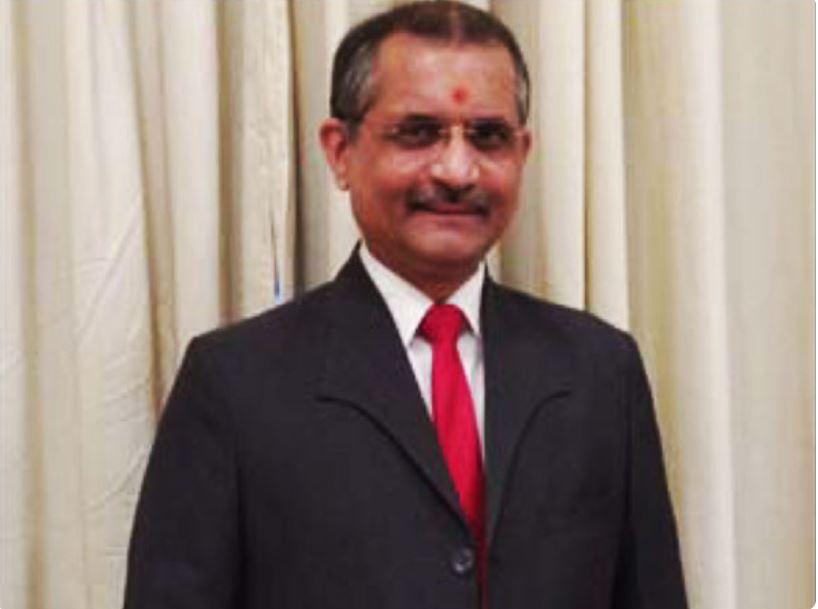UPSC Chairman Manoj Soni resigns 5 years before tenure
In a surprising turn of events, UPSC Chairman Manoj Soni has put down his papers, citing "personal reasons" nearly five years before the end of his tenure. Read further on Dynamite News:

New Delhi: In a surprising turn of events, UPSC Chairman Manoj Soni has put down his papers, citing "personal reasons" nearly five years before the end of his tenure.
Sources at the Department of Personnel and Training (DOPT) that his resignation has not yet been accepted. Soni's term was originally set to conclude in 2029.
"UPSC chairman Manoj Soni has put in his papers due to personal reasons. His resignation has not been accepted yet. It is a long procedure," sources at DOPT over the phone.
ANI attempted to contact Manoj Soni, but he did not respond to calls or texts.
Soni, who began working with the UPSC as a member in 2017, was sworn in as the chairperson of the commission on May 16, 2023. His tenure was supposed to end in 2029.
Also Read |
Delhi breathes easy as air quality improves to 'Moderate'
Sources emphasized that Soni's decision to step down is not related to the recent controversy involving UPSC candidates accused of submitting fraudulent certificates to secure employment.
According to sources, he submitted his resignation "long back".
The UPSC has been embroiled in controversy following allegations against trainee IAS officer Puja Khedkar, who allegedly forged identity papers to gain entry into the civil service.
Before joining UPSC, Dr Soni served three terms as Vice-Chancellor.
These include two consecutive terms as Vice-Chancellor of Dr Babasaheb Ambedkar Open University (BAOU) from 01 August 2009 to July 31 2015, and one term as Vice-Chancellor of The Maharaja Sayajirao University of Baroda (The MSU of Baroda) from April 2005 to April 2008.
Also Read |
Top 10 Latest news of the day: National, Politics and International
At the time of his joining the MSU of Baroda, Dr Soni was the youngest ever Vice-Chancellor in India and the MSU.
Dr Soni has in the past served on the boards of governors of several institutions of higher education and public administration.
He was also a member of a quasi-judicial body constituted by an Act of the Gujarat Legislature, which regulates the fee structure of the un-aided professional intuitions in Gujarat. (with Agency inputs)
 Dynamite News
Dynamite News 